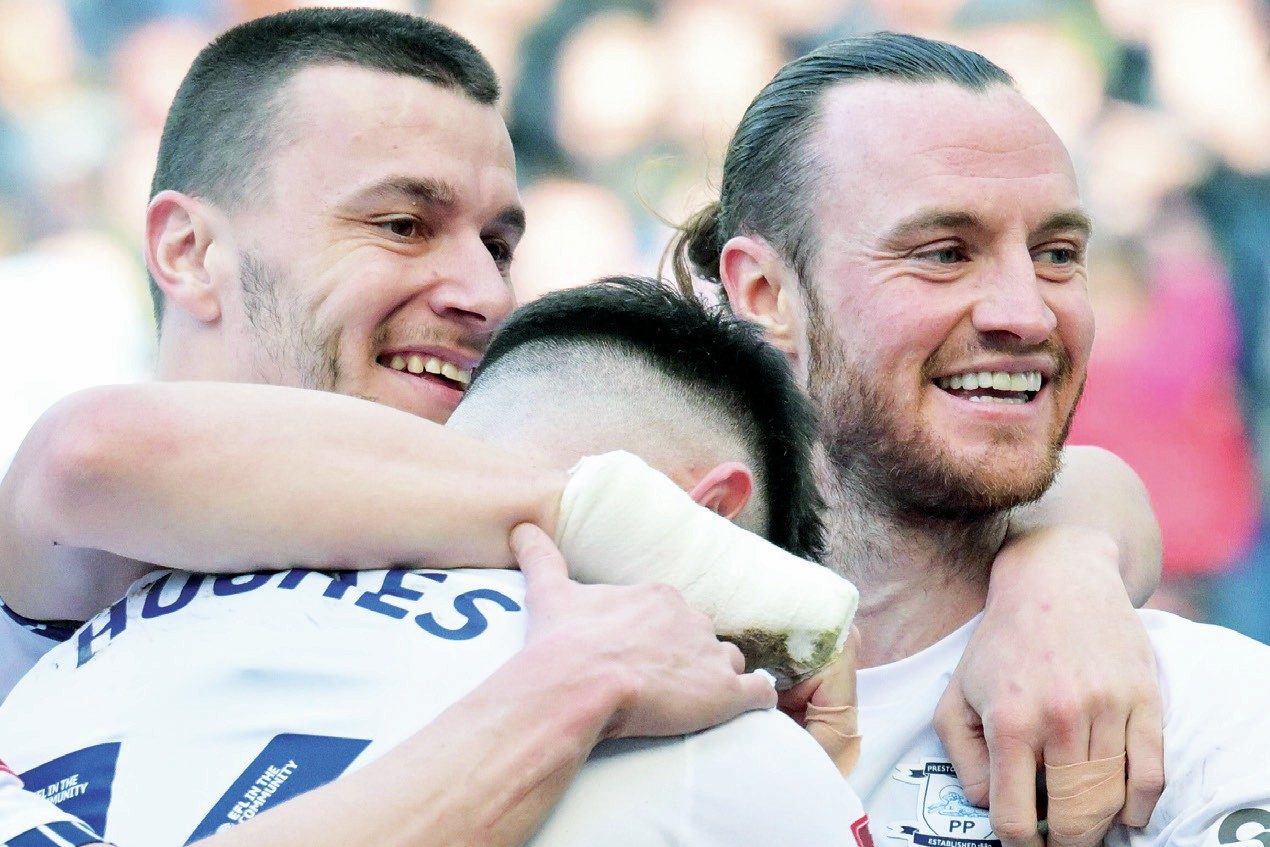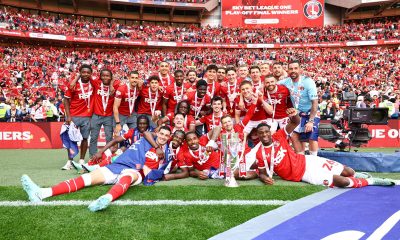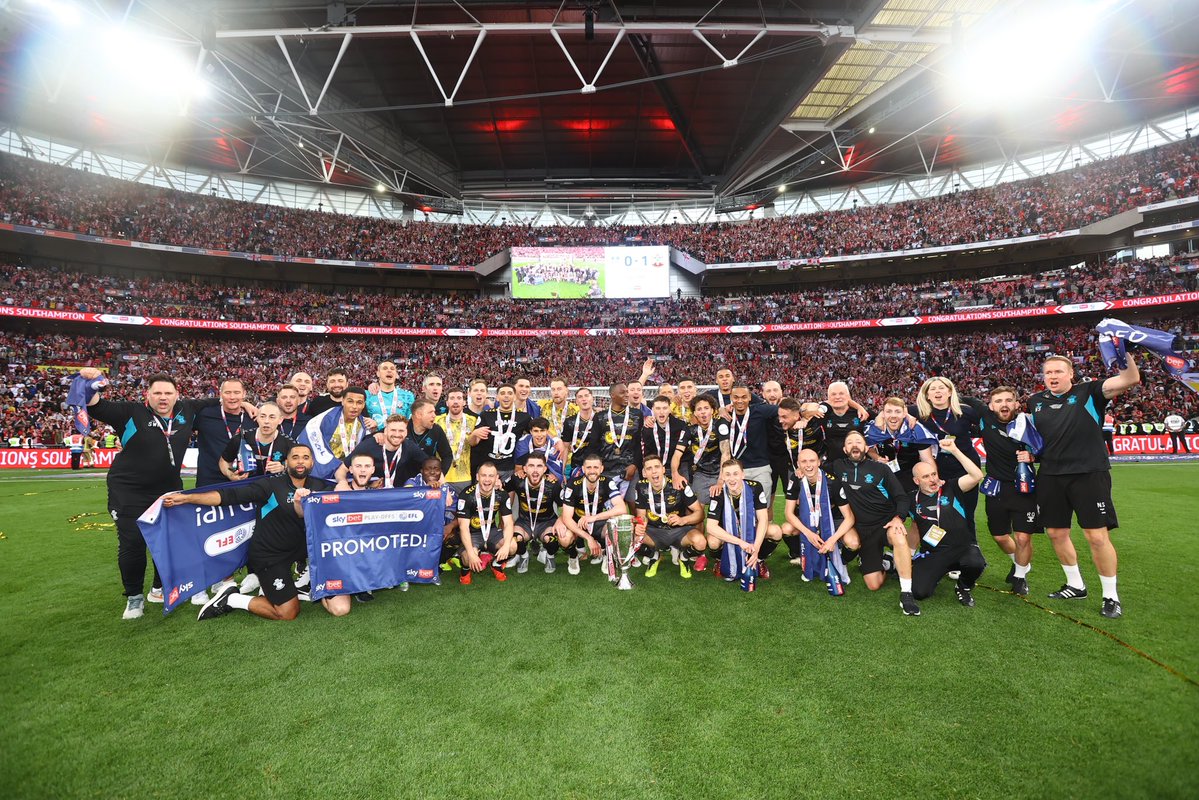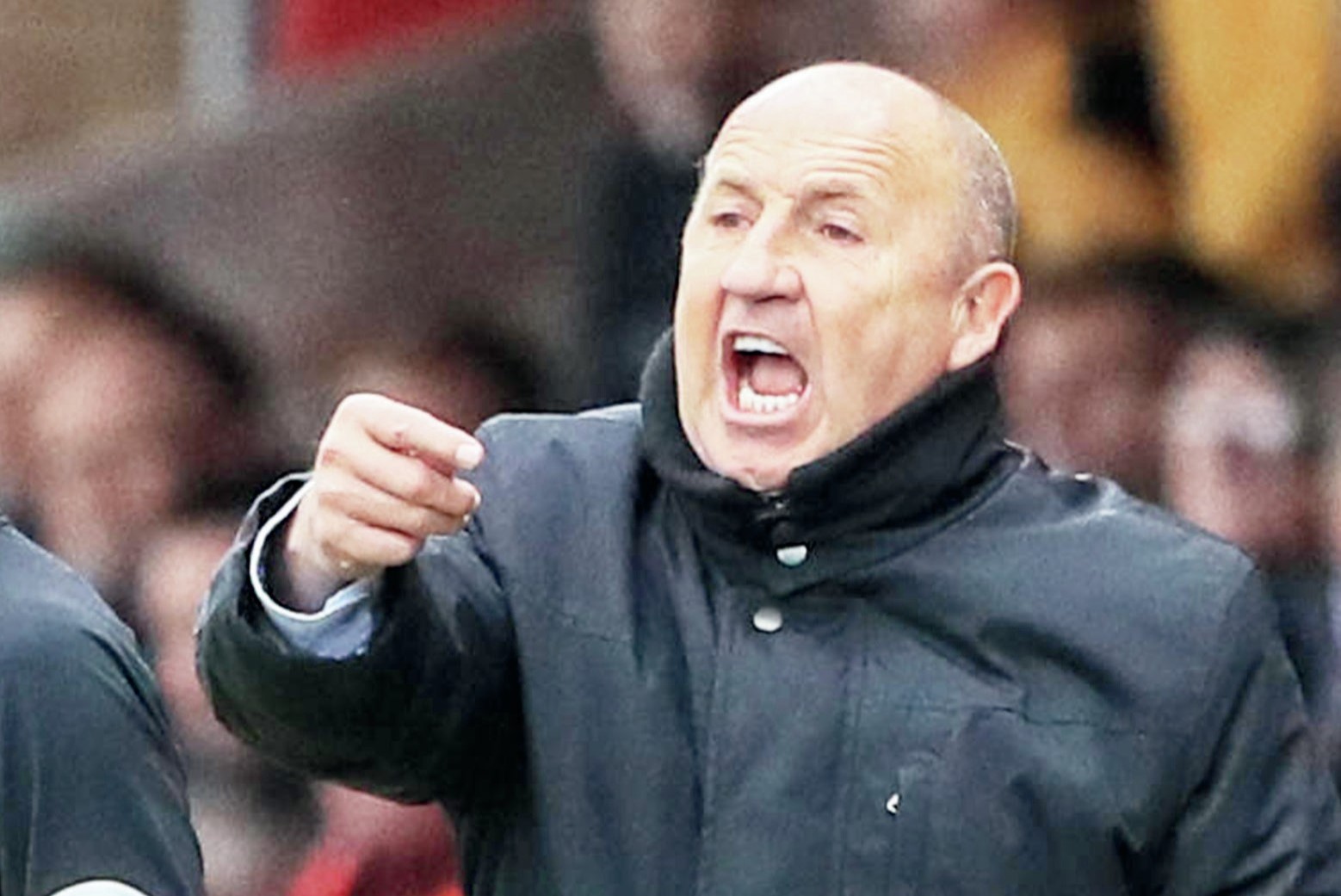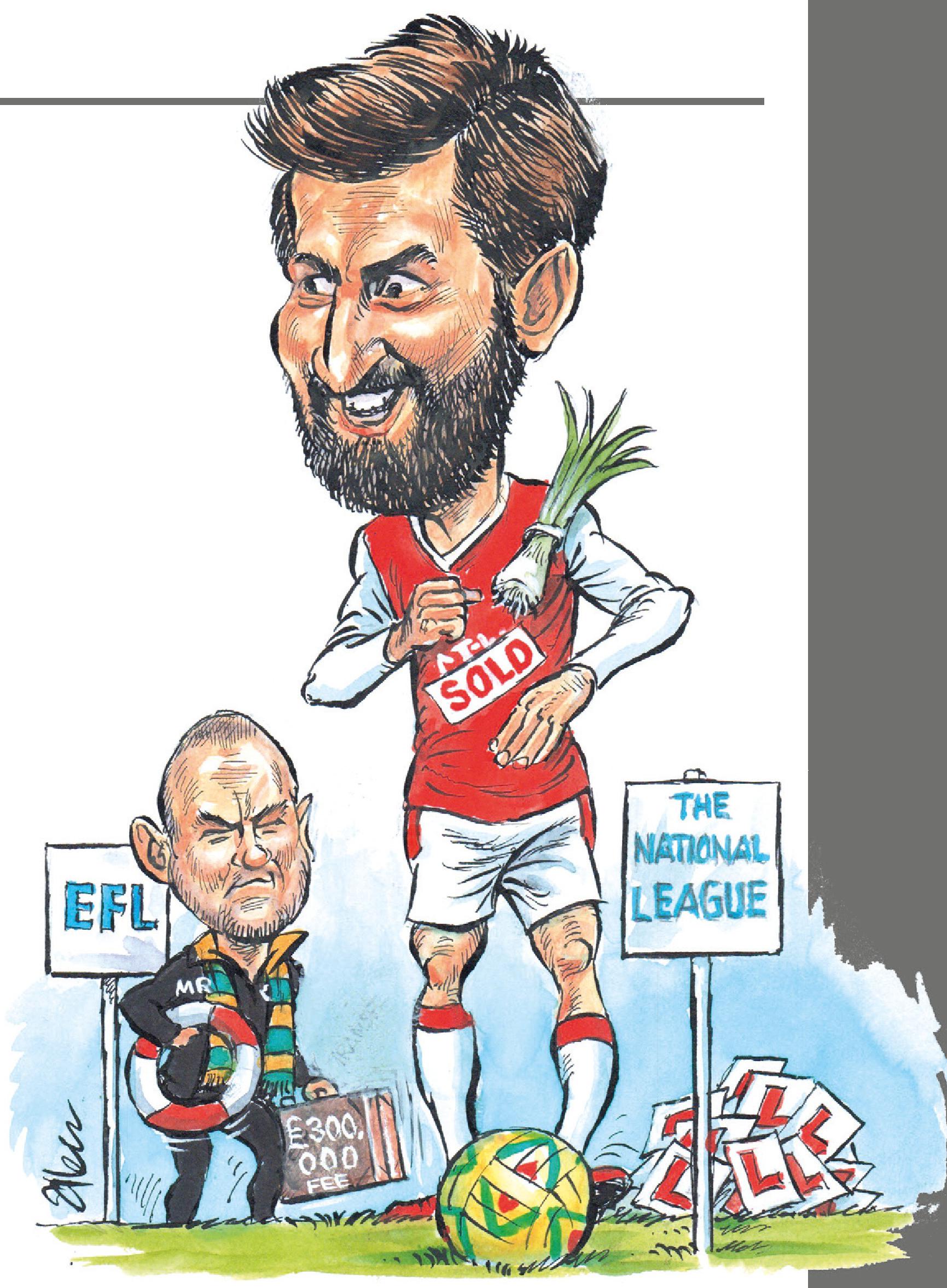IT’S hardly the kind of compliment a striker wants, but when Alan Smith brought Dougie Freedman back to Crystal Palace in 2000, the Scot’s goal-scoring prowess was the last thing on his mind.
“We couldn’t hit a barn door at the time,” said Smith, who led Palace to the Premier League in 1994 before returning for a second spell six years later.
“Obviously I hoped Dougie would help us with that. But I always took the view that even if he wasn’t scoring goals or playing he was a really good influence around the place. He was someone who would eat, drink and sleep Palace.
“Crowds can see people’s honesty and those that want to wear the shirts so that’s why they take to Dougie – even if he doesn’t score himself you can see his general attitude and body language. He’s done the business wherever he’s been.”
Indeed he has, ever since he left his native Glasgow at the age of 15 to join the youth ranks at Queens Park Rangers.
Plucked from Loftus Road by Barnet manager and former England keeper Ray Clemence in the summer of 1994, Freedman announced himself with a goal just 27 seconds into a League Cup win over top flight Man City.
The 20-year-old would go on to bag 24 goals in his debut season – and marry Clemence’s daughter – before sealing a club-record £800,000 switch to Crystal Palace early the following year.
Once again the impact was instant, with 20 goals in his first season and 11 in his second propelling Palace back to the Premier League.
It was then that the quick, intelligent striker made what he regards as the biggest mistake of his career by moving to Wolves in 1997. Though 13 goals in 29 games was hardly shabby, the Scot hated life in the Midlands and left to join Nottingham Forest after a fall-out with manager Mark McGhee.
Money
“I was taught at a young age that money shouldn’t motivate you and if you follow that path you will trip up,” says Freedman. “I followed it once, tripped up and I will never do it again.
“I earned more money at Wolves but friendships and life went back three or four years. I was thrown out of that club six months later.”

Like McGhee, Platt baulked at Freedman’s assurance and blunt honesty, but Smith saw it as a major plus in his young dressing room.
“Dougie’s got an opinion and I found that good,” he says. “We had young lads like Julian Gray, Clinton Morrison and Hayden Mullins who were all good players in their own right but didn’t have anything to say whether you had won, lost or drawn.
“Doug would always tell you what he thought.” Freedman would spend the next eight years at Selhurst Park, topping 100 goals for the club and returning as coach in 2010 after short stays at Leeds and Southend.
It was Neil Warnock who recognised his talent as a coach. “I gave Dougie his first coaching role at Palace because we were skint and couldn’t afford a backroom staff,” said Warnock. “You just get a feeling about people and I had that with Dougie. He worked incredibly hard and I always thought he could make a success out of coaching and management when he hung up his boots.”
Freedman wouldn’t have to wait long for his crack at the big time. Taking charge when George Burley was sacked in early 2011, he helped the Eagles dodge relegation then survived the following year on a tiny budget.
Role
“When I first came, maybe the organisation here wasn’t tip top,” said former Palace defender Anthony Gardner. “Once Dougie came in, that totally changed. He made sure everyone knew their role and the commitment from the players shone through.”
And when 2012-13 saw Palace sitting top of the table in October, relegated Bolton anointed Freedman as the man to guide them back to the Premier League.
He led them to the cusp of the play-offs and after a tricky start to the current campaign is now unbeaten in seven.
“He’s cracking on at a rate of knots,” said assistant Lennie Lawrence. “He’s got that energy, enthusiasm and desire that you need in a young manager. He’s got enormous potential.”
DOUGIE FREEDMAN FACT FILE
Born: Glasgow, 1975 (Age 39)
Playing career: A striker, Freedman left home at 15 to join QPR‘s academy but signed for Barnet in 1994 without making an appearance. An instant success at Underhill, he scored 24 goals in his debut season to earn an £800,000 switch to Crystal Palace. Freedman scored 20 times in his first season of second-tier football and in 1996-97 helped Palace win promotion to the Premier League with two late goals in the play-off semi with Wolves – who he joined the following season.
An unhappy 12 months at Molineux was followed by a £950,000 move to Premier League Nottingham Forest. The Scot hit 23 goals in 70 games before returning to Palace in 2000 where he spent the next eight years, making over 250 appearances and winning another promotion to the top flight. After a successful spell on loan at Leeds in 2008, Freedman spent the final two years of his career at Southend, retiring aged 34 with over 600 games to his name.
Managerial career: Appointed player-coach by Palace in 2007, Freedman returned to Selhurst Park after his retirement as assistant to Paul Hart.
He continued in his role as No.2 following the appointment of George Burley and when Burley was sacked on New Year’s Day 2011, Freedman took caretaker charge before being appointed full time.
Championship survival was followed by a 17th place finish. And in September 2012, with Palace top of the table, Bolton appointed Freedman manager. Taking over with the Trotters in 16th, he led the club to seventh in the Championship.


Fantasy Football League
Fantasy Football League 2025-26 – Enter Now
Championship
Sky Bet EFL Fixtures Revealed for 2025/26 Season

